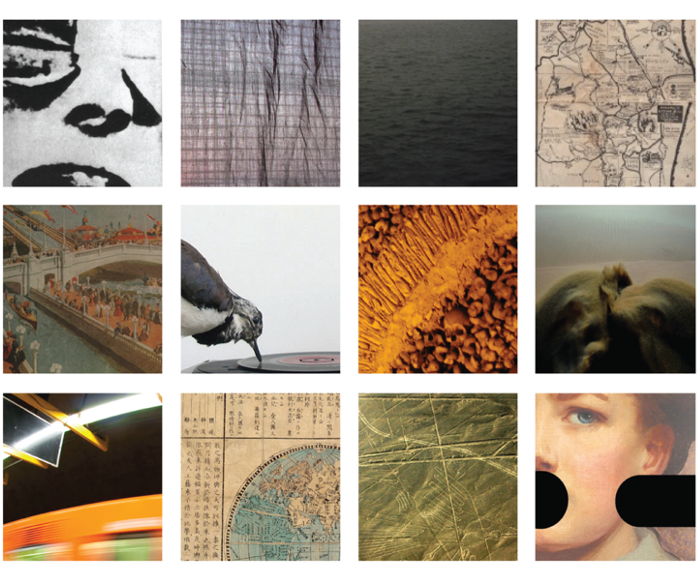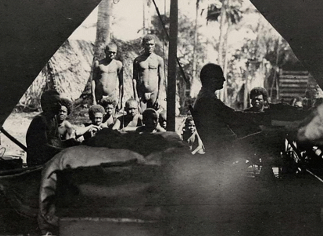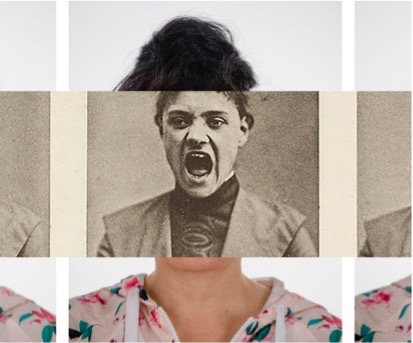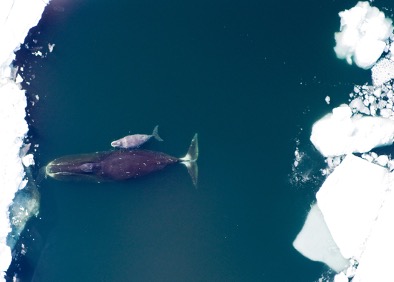Multimodal publishing since 2010!
Executive Editor/Founder: Julia Yezbick
Sensate is an online journal founded as an experimental scholarly and artistic forum to expand the academic journal beyond the margins of the printed page. Drawing largely from approaches in visual ethnography and documentary, Sensate offers a speculative space for non-traditional projects that probe the boundary between image and text-based inquiry.
Executive Editor/Founder: Julia Yezbick
Sensate is an online journal founded as an experimental scholarly and artistic forum to expand the academic journal beyond the margins of the printed page. Drawing largely from approaches in visual ethnography and documentary, Sensate offers a speculative space for non-traditional projects that probe the boundary between image and text-based inquiry.
As such, the journal can be located within a broader landscape of
expanded and interactive documentary that seeks to invoke, but also broaden,
the traditions of documentary practice. Sensate is an experimental online
journal for media-based projects across the arts, humanities and sciences.
Developed around the idea of “critical media practice,” the journal endeavors
to engage disparate fields through innovative modes of inquiry and production. Affiliated
with Harvard’s Sensory Ethnography Lab, the metaLab @ Harvard and their
secondary field in Critical Media Practice, Sensate emerged out of our shared
ambitions to accommodate and reflect “changing patterns of knowledge
production,” and in particular to recognize that knowledge is increasingly
incorporated into “novel multi-media configurations in which written language
plays only a part.”[1] From its inception, the journal has sought to
conceive an interstitial existence between the institution of the academy and a
more public readership. As a cross and inter-disciplinary project, our aim is
to facilitate the production, dissemination and critique of scholarly endeavors
that do not necessarily begin or end in a text; recognizing the multiple forms,
formats, and processes that augment our thinking today. Over the past decade,
Sensate has published eight special collections comprised of about 75
individual articles in total. A few select pieces are highlighted below.
[1] https://cmp.gsas.harvard.edu/, accessed April 2021.
[1] https://cmp.gsas.harvard.edu/, accessed April 2021.
On
Immersion: Editorial Essay
Co-Authors: Julia Yezbick, Ryat Yezbick, Emilio Vavarella
Published: 01/2021
Editorial essay for a special collection which grew out of a workshop at the Radcliffe Institute for Advanced Study investigating the overlaps and implications of immersive methodologies (i.e. ethnography) and technologies (i.e. VR/AR/XR).
Co-Authors: Julia Yezbick, Ryat Yezbick, Emilio Vavarella
Published: 01/2021
Editorial essay for a special collection which grew out of a workshop at the Radcliffe Institute for Advanced Study investigating the overlaps and implications of immersive methodologies (i.e. ethnography) and technologies (i.e. VR/AR/XR).
Imitation
Game
Author: Stephanie Deumer
Published: 01/2021
Deumer visually juxtaposes a text about Alan Turing’s ‘imitation game’ with a text on Jacques Lacan’s ‘theory of the masquerade’ to explore two kinds of imitation: one socio-computational and the other psychoanalytic. This mirroring, she shows, leads to a twofold production: imitation-as-woman and woman-as-imitation. Deumer describes this double production as ‘an endless loop of subordination.’ .
Author: Stephanie Deumer
Published: 01/2021
Deumer visually juxtaposes a text about Alan Turing’s ‘imitation game’ with a text on Jacques Lacan’s ‘theory of the masquerade’ to explore two kinds of imitation: one socio-computational and the other psychoanalytic. This mirroring, she shows, leads to a twofold production: imitation-as-woman and woman-as-imitation. Deumer describes this double production as ‘an endless loop of subordination.’ .
Sounds of the
Anthropocene (collection)
Guest Editor: Marina Peterson
Published: 03/2021
This special collection brings together work by scholars and artists that explores how listening in and to and with the Anthropocene might afford distinct modes of attunement to a rapidly changing climate.
Guest Editor: Marina Peterson
Published: 03/2021
This special collection brings together work by scholars and artists that explores how listening in and to and with the Anthropocene might afford distinct modes of attunement to a rapidly changing climate.
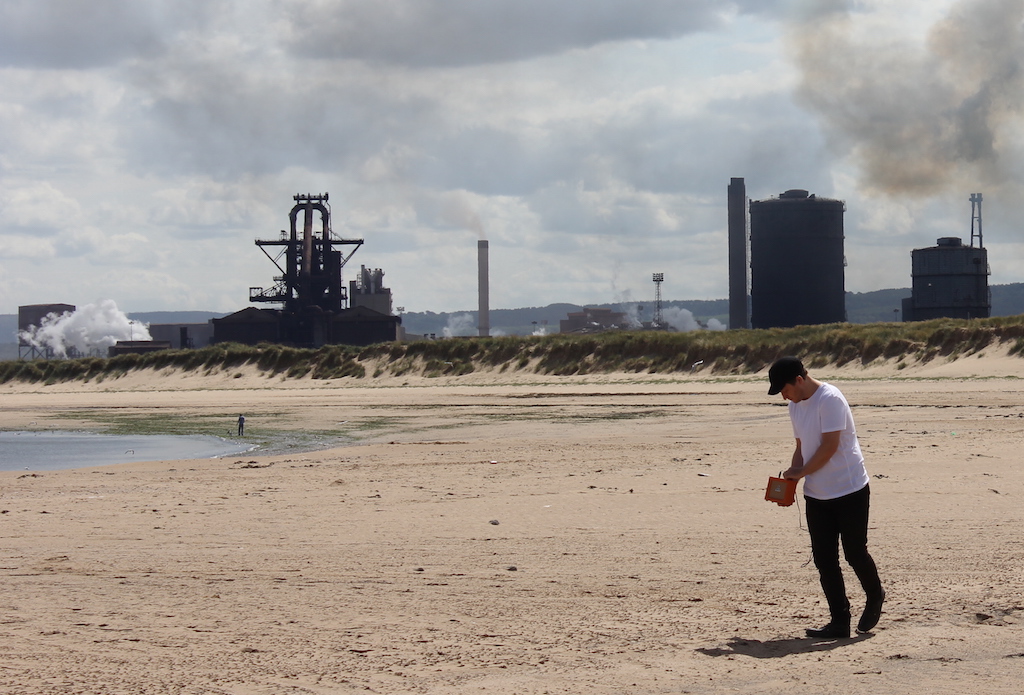
“(Auto) Dialogical Feedback: Towards an Archive of Loss”
Author/Artist: Mark Peter Wright
Published: 08/2015
A sound artist uses screen capture video and deleting to comment on the violence of audio recording.
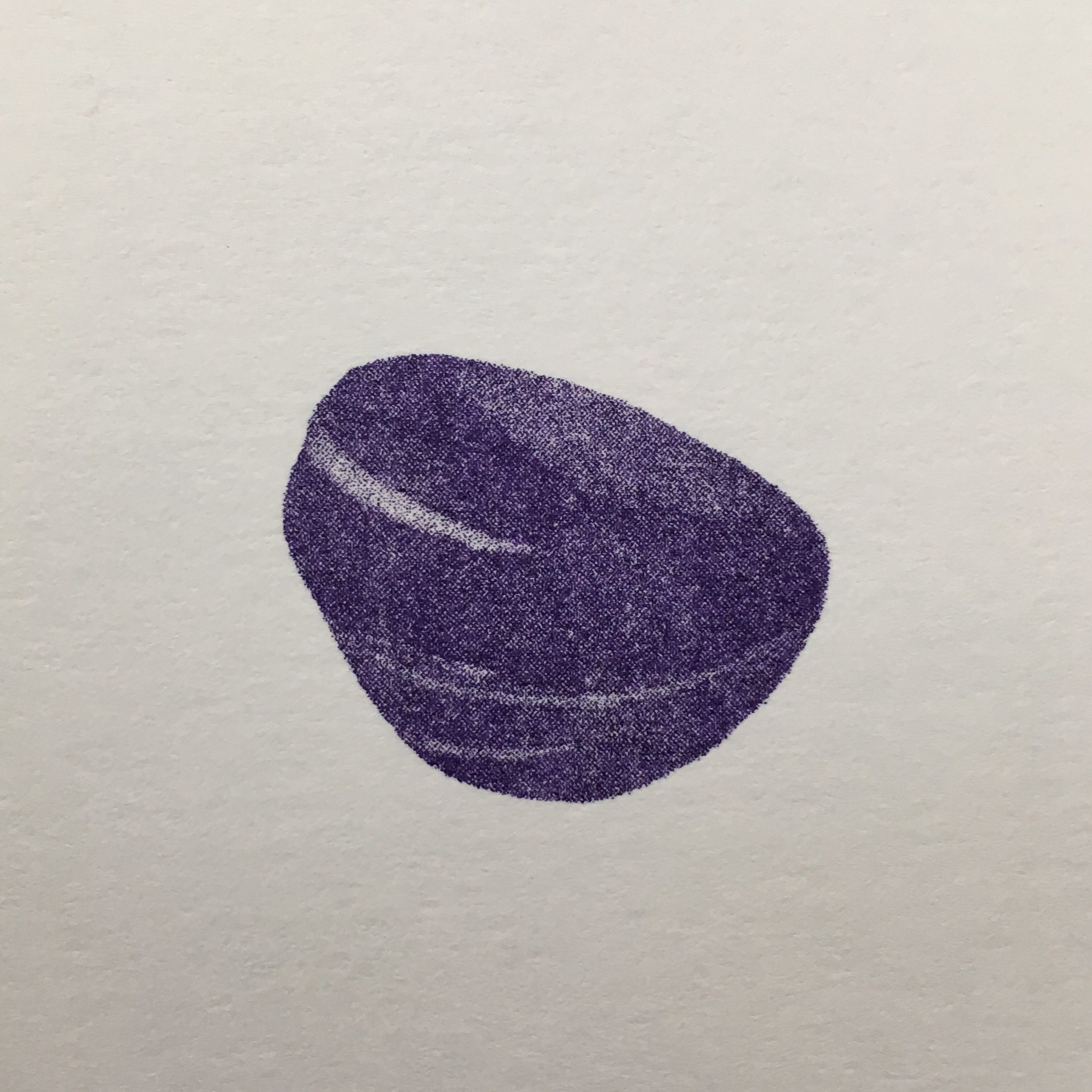
Flint Magazine, Issues 1 + 2 (collection)
Guest Editors: Ben Gaydos, Maia Asshaq
Published: 06/2018
Flint Magazine is a multimedia magazine in a box. Sensate publishes its digital content and facilitates the distribution of the print material. Modeled after Aspen Magazine, the influential art journal “in a box” from late 60s, Flint Magazine examines contemporary art practice and criticism.
Cargo Collective 2017 — Frogtown, Los Angeles
